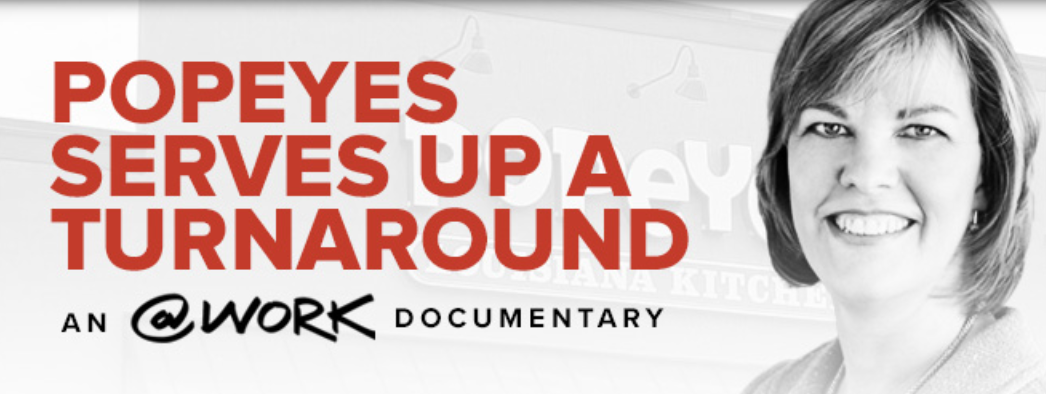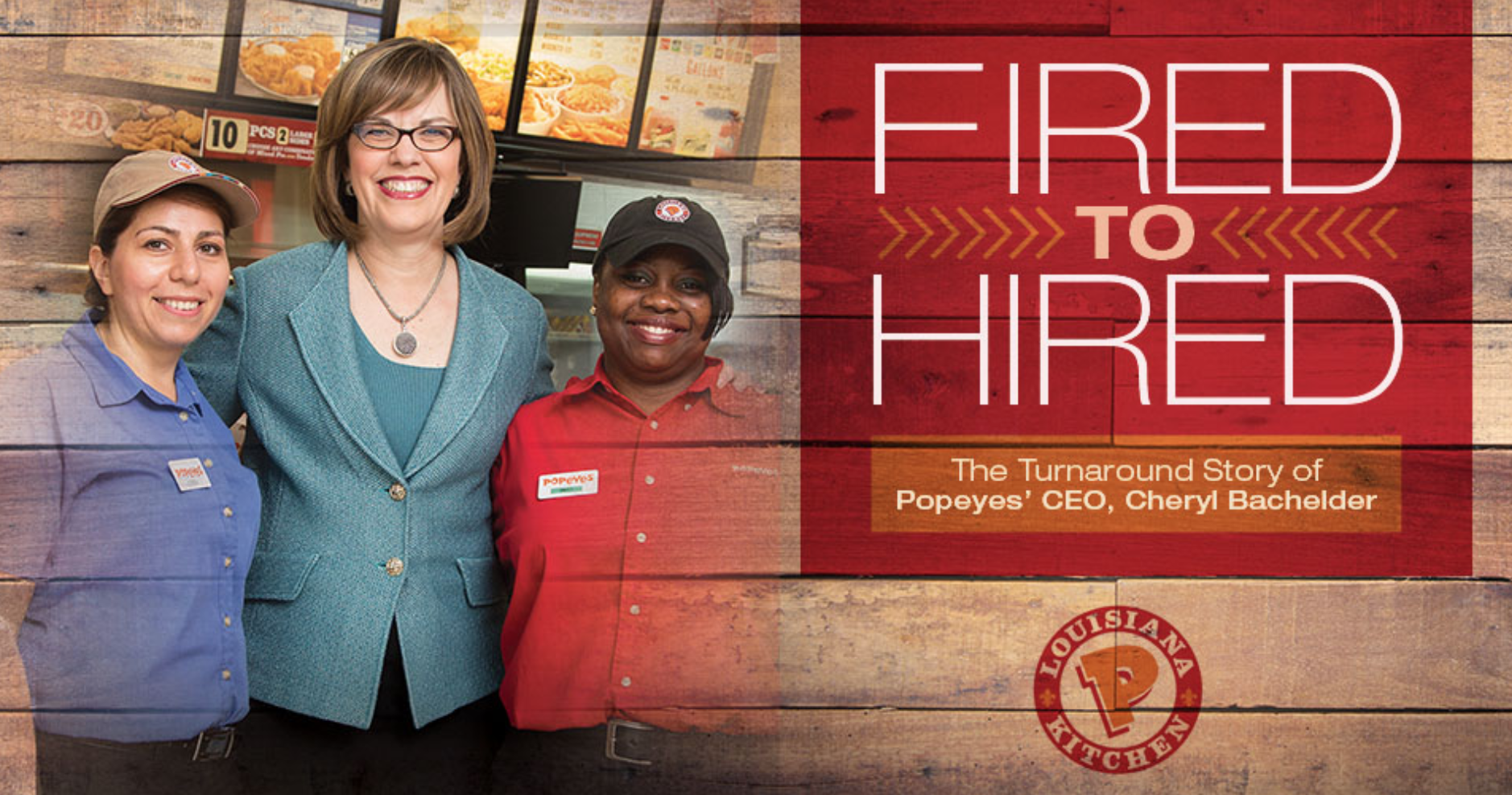A New Great Awakening
— by Reuben Coulter
Almost 250 years ago, Europe and the United States were experiencing the beginnings of the First Industrial Revolution. Technological breakthroughs created new industries and produced rapid economic progress. Life for the ordinary person was extremely hard. In the UK, average life expectancy was 45 years, people worked seven days a week and children as young as four worked in the mines.
In response to the crisis of their day, Christian business leaders, investors, and politicians came together to seek God and to lead a Moral Revolution, the legacy of which is still felt today. It began with a grassroots revival of faith, led by preachers such as John Wesley, Charles Whitfield, and Jonathan Edwards, which led to the normalization of the Christian values of hard work and integrity. In many places pubs and taverns shut due to lack of customers. Christians in positions of power, particularly those associated with William Wilberforce and the Clapham Circle, were appalled at working conditions and used their influence to abolish slavery, reduce child labour and legislate for health and safety standards. Christian business leaders were at the forefront of innovation and reform. Quaker businesses such as Cadbury’s and the Lever Brothers (now Unilever) provided healthcare and education for their employees and demonstrated that compassionate capitalism was possible. Many historians believe that the influence of Christianity was so profound in the UK and USA that it averted violent revolution as experienced in France. The church laid the foundations for the social and economical flourishing of the Western World.
At the dawn of the 4th Industrial Revolution, we are entering an analogous period. The growing utilization of new technologies such as artificial intelligence, cloud computing, robotics, 3D printing, the Internet of Things, advanced wireless technologies, and others has ushered in a new era of economic disruption with uncertain socio-economic consequences.
Many of us have benefitted from the fruits of progress but in emerging and frontier markets, two-thirds of the world’s population still live on less than $10 per day. How can we respond to the challenges of our world, share the Gospel and see God’s kingdom advanced in our generation?
Related articles
I have become convinced that humility is God's secret weapon to thwart the ultimate enemy of pride and bring pockets of heaven to earth. If I can focus on how Jesus must increase and I must decrease, then God will, without fail, use me for his purposes. Easier said than done.
We tend to operate with either the idea that there is no craftsman or that somehow we’re to be our own craftsman. If there is no craftsman, then we should do the best we can, pray and hope for the best.
A Lean organization maximizes customer value by continuously eliminating waste in its process with the goal of creating more value using fewer resources.
God cares no less about what I do now than He did when I was advising the President. In God’s economy, the Oval Office and the back office are equally important.
Andy Crouch, Partner at Praxis, explains what happens at the intersection of strength and openness in a time of crisis.
Anthony Tan, CEO of Grab, shares the story that led to 9 million drivers in 352 cities.
Starting a business means sleepless nights, unpredictability, capital burn, and the threat of competition. Why then would the leaders of a new venture rusk moving to a country with an unproven tech work force?
In this 80-second video, Donnie Smith, president and CEO, Tyson Foods, unveils an unorthodox and powerful new leadership model for you to consider.
Upon recognizing the problem, Jesus responded with compassion. It is the quality of a leader’s response to the need that sets a great leader apart from ordinary leaders.
Do I have a teachable spirit? Do I pursue wisdom and thirst after understanding each day? Tough questions that bring me to another one, do I really expect God to teach me something each day?
Words are powerful. Words impact us. Words can brighten our days, encourage our hearts, and save our lives. Words can also tear us down, close us off, and even endanger our lives.
In a business world that prioritizes productivity, speed, and profits, Christians may feel like Monday through Friday belongs to the world while Sunday belongs to God. But Scripture beckons Christians toward a more holistic lifestyle. “Whatever you do,” Paul says in 1 Corinthians, “do it all to the glory of God.”
In the midst of uncertain times, Luke Roush and Jake Thomsen of Sovereign’s Capital provides a framework for how Christian business leaders can think about the unusual power and leverage the present circumstances have afforded them…
When Cheryl Bachelder took the helm at Popeyes Louisiana Kitchen, sales and profits were declining and shareholders and franchisees were unhappy. Today, sales are up, profits are up, and Popeyes stock has leaped from $13 on Cheryl's first day on the job to consistently over $50 per share today. So what's the secret ingredient to Popeyes’ turnaround? RightNow Media presents an @ Work Documentary that looks at how Cheryl's unique strategy of servant leadership proved to be a recipe for success.
She never became a high school choir director, but at Popeyes, Cheryl Bachelder has become a conductor of people. Her personal commitment to Jesus’ model of servant leadership has transformed the culture of a corporation. The impact of her faith can be felt throughout the company—from the executive offices to the restaurant’s front counter in the words “How may I serve you?” That’s music to Cheryl’s ears.
In this video, we take a look at why Prime Trailer gives its employees an entire paid day off to go out and serve the needs they see in their community! CEO Wes Gardner encourages other business owners to let their people be themselves—to do what they’re excited about in their jobs and in their community.
She might not be the person you would expect to see seated at the top of a company in a male-dominated industry. But Dina Dwyer-Owens, Executive Chairwoman of the Dwyer Group, is very comfortable at the helm of a company operating across the fifty United States and seven other countries around the world. She earned the position and re-earns it, every day in every way.
Leader development is not a test they need to pass, it’s an investment we need to make. From that standpoint, you can’t fail to lead well and stop there. You can only fail to learn and move forward.
This article is from our friends at Radical Mentoring — an intentional small group mentoring process to help you engage your men, build your core group of leaders, and transform your church. This post ponders Matthew 9:13 and the meaning of mentoring.
A White Paper from The Christian Economic Forum — Dr. Emmanuel V. Dalavai argues entrepreneurial intentions and their motivation(s) are essential to understand better how Christians operationalize business formations by reviewing relevant theoretical backgrounds in support of an intentions-based model to explain entrepreneurship behavior.
A White Paper from The Christian Economic Forum —
Matt Lesser shares a personal letter he received from his father to encourage him as an entrepreneur —“We have the opportunity and the responsibility to influence generations for God’s Kingdom through the marketplace. It will take concentration of effort and unified commitment to creating financial, cultural, and Kingdom returns…for such a time as this. As you embark on this journey, keep these principles at the forefront of your thinking: Vision, Impact, People, Balance, and Returns.”
All entrepreneurs wonder how to keep business going for the long term. In this post, Philip Clemens shares how his family has managed to stay in business for over 123 years! There is some great insight, strategy, and suggestions to implement in any company in order to stay in business for the long haul.
——
[ Photo by Sebastien Gabriel on Unsplash ]
























If an entrepreneur truly wants to help his pastor, he must first win trust with him. Pastors can be an untrusting lot; it takes time to gain collaborative access. At the outset, this puts many entrepreneurs off because they tend not to have much time and want things to move quickly.